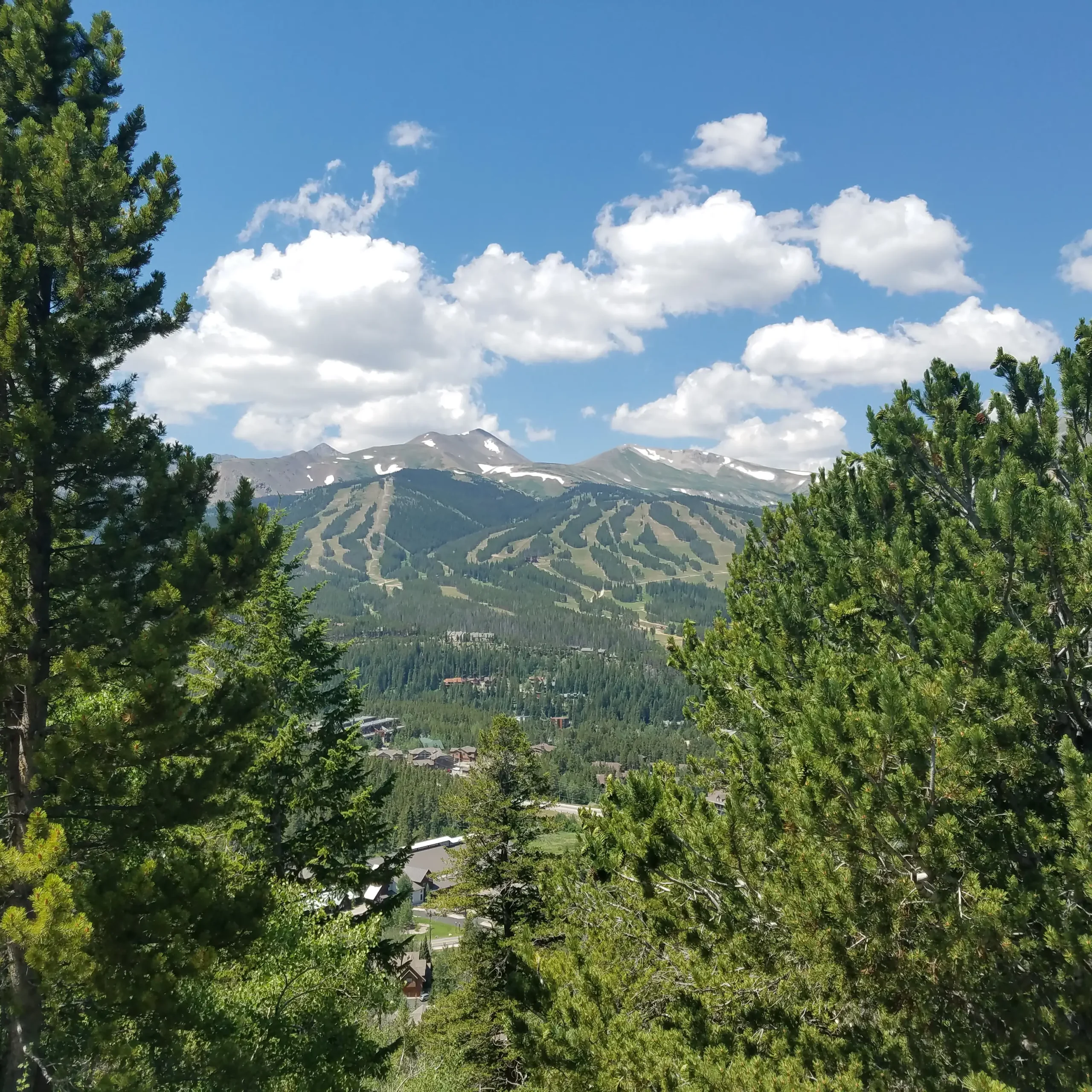When traveling from lower elevations to the high country of Colorado, it’s important to be aware of the increased risk of altitude sickness Breckenridge. Visiting the charming town of Breckenridge, perched at an impressive elevation of 9,600 feet above sea level, can swiftly trigger symptoms associated with altitude sickness.
Are you planning a memorable visit to the beautiful mountain town of Breckenridge, CO? Nestled in the heart of the majestic Rocky Mountains, at a town elevation of 9,600′ above sea level, Breckenridge offers unparalleled natural beauty, outdoor adventures, and an enchanting small-town charm. However, the high altitude can sometimes take its toll on our bodies, causing some visitors to experience symptoms of altitude sickness in Breckenridge.
At High Country Oxygen, we understand the importance of ensuring your health and well-being during your stay in Breckenridge. That’s why we’re here to provide you with a reliable solution: our oxygen concentrator rental service. Whether you’re a local resident or a visitor, our top-of-the-line oxygen concentrators will help you acclimatize to the high altitude and make the most of your time in this captivating destination.

What exactly is altitude sickness?
Altitude sickness, scientifically referred to as acute mountain sickness (AMS), is a condition that can impact individuals who ascend to high altitudes too rapidly. Breckenridge, standing at an elevation of approximately 9,600 feet (2,926 meters) above sea level, proudly holds its place among the highest towns in the United States. The air at this elevated altitude becomes thinner, resulting in reduced oxygen levels that pose a challenge for our bodies to adjust to.
Altitude Sickness Symptoms
Symptoms of altitude sickness can vary from mild to severe and may include:
- Headache
- Dizziness and lightheadedness
- Nausea and vomiting
- Fatigue and weakness
- Shortness of breath
- Loss of appetite
- Trouble sleeping or restless nights
- Rapid heartbeat
Who Gets Altitude Sickness?
- Altitude sickness can affect anyone, regardless of age, gender, or fitness level
- It doesn't discriminate and can strike both seasoned adventurers and first-time visitors
- The risk of experiencing altitude sickness is primarily determined by the speed of ascent rather than a person's overall health
- Some individuals may be more susceptible than others due to factors such as genetic predisposition, illness or previous experiences with high altitudes
How to Avoid Altitude Sickness
- Ascend gradually, avoiding rapid increases in elevation
- Stay hydrated and avoid excessive alcohol or caffeine consumption
- Limit physical exertion in the first few days at high altitude
- Maintain a balanced diet with a focus on carbohydrates
- Avoid smoking, as it reduces oxygen levels in the body
- Consider using supplemental oxygen when you arrive, after physical activity and while sleeping

Does Oxygen Help Altitude Sickness?
Supplemental oxygen is beneficial in alleviating the symptoms of altitude sickness due to its ability to increase the oxygen saturation in the body. At higher altitudes, the air becomes thinner, resulting in reduced oxygen levels available for our bodies to function optimally. This oxygen deficiency can lead to symptoms like headaches, fatigue, and shortness of breath. By using supplemental oxygen, individuals can restore the oxygen levels in their bloodstream, providing immediate relief and aiding in acclimatization.
Looking for more travel planning resources, including tips for adjusting to altitude? Visit GoBreck.com for more information about planning your visit to Breckenridge.

